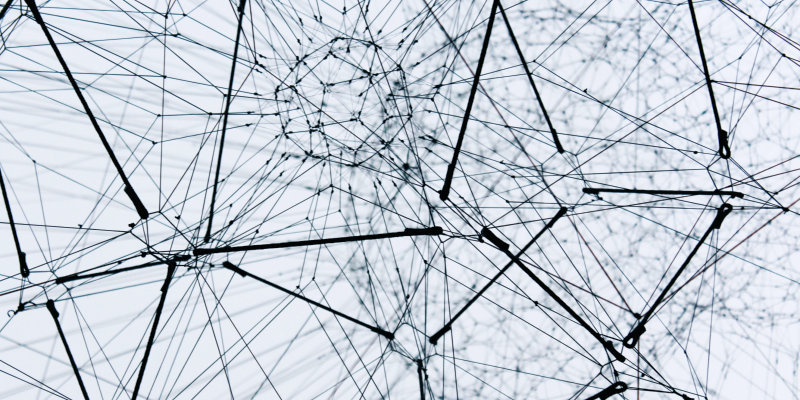
Artificial Intelligence Research Group
Overview
In the modern world, we generate large and diverse datasets describing all kinds of systems in the real and virtual worlds. One of the main goals of Artificial Intelligence is to process, understand and extract useful information from such data. In the group at York, we work with data that has a particular interesting, complex or unusual structure.
Examples include natural language processing, where we work on understanding natural language, knowledge representation and generating natural-feeling dialogues between human and computer, and on reasoning and argumentation. Other interesting datasets are represented by networks, which are used extensively throughout the sciences to represent power grids, road systems, animal interactions, protein networks in cells and airline connections, and there are countless other examples.
At York, we explore new representations and algorithms for learning about and extracting information from these datasets. Other systems may have complex configurations and constraints, and here we study the use of AI to automatically model and solve these systems. One of the core topics of the group is the development of novel learning algorithms for these difficult datasets, using bio-inspired techniques such as multi-agent systems, genetic algorithms and reinforcement learning.
Aims and Objectives
The main aim of the AI group is to carry out cutting-edge research into data-driven algorithms and techniques for discovering information from large and complex datasets. We work to develop novel learning algorithms for this data, methods for representing rich and complex data and problems, and how to extract and codify knowledge from data. The data we study has interesting structure, such as sequences, networks and graphs, natural language and data governed by constraints. Our objectives are
- To discover new methods for machine learning with structured data. This includes both data representation and learning techniques.
- The study of new machine learning techniques such as multi-agent systems, bio-inspired algorithms and reinforcement learning.
- To develop systems which can learn about natural dialogue and argument between human and computer.
- The development of intelligent automated modelling for large combinatorial problems with significant constraints.
The group's research is driven by the study of real-world problems such as fact checking, RNA classification, telemedicine, city planning, financial data, computational chemistry, games and many other areas.
Impact
Artificial Intelligence has huge potential to tackle real-world problems, and the AI group is extensively involved in applications of their work in the real world. Members of the group have worked on the problem of fake news detection. Other work in the group has been applied in the medical domain, both for telemedicine for Covid-19 patients and in the study of Alzheimer's disease. Machine learning has been applied to infrastructure inspection problems, including railway maintenance and solar panel inspection. Our work on analytics is currently being applied to the study of safe driving in cars. Constrained combinatorial optimisation is of huge commercial importance (for example in logistics and operations research) and our work in this area contributes to improving solvers in the commercial setting. Games and gaming are also a large commercial concern now, and members of the group have made contributions to games, game AI, game difficulty assessment and gaming analytics.
Stories
Graphical Modeling of Neural Signals
Animal Social Networks
Group members
| Photo | Contact details |
|---|---|
| Academic staff | |
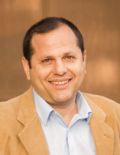 |
Academic staff |
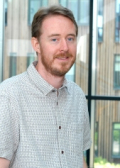 |
Academic staff |
 |
Academic Staff |
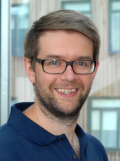 |
Academic staff |
 |
Academic staff - group lead |
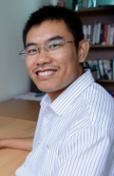 |
Academic Staff |
| Research staff | |
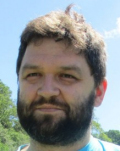 |
Research Associate |
| Postgraduate research students | |
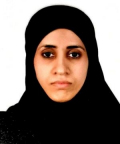 |
Zainab Almugbel Postgraduate Research Student |
 |
Fahad Alzaidee Postgraduate Research Student |
 |
Charmaine Barker Postgraduate Research Student |
 |
Philip Crispin Postgraduate Research Student |
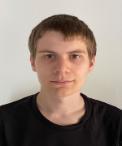 |
Owen Crucefix Postgraduate Research Student |
 |
Kevin Denamganai Postgraduate Research Student |
 |
Adrian de Wynter Postgraduate Research Student |
 |
Can Erten Postgraduate Research Student |
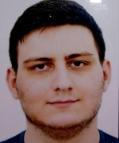 |
Yusif Ibrahimov Postgraduate Research Student |
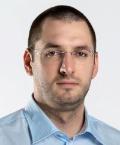 |
Viktor Ivanov Postgraduate Research Student |
 |
Robert Piernikarski Postgraduate Research Student |
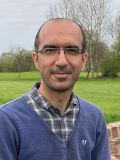 |
Postgraduate Research Student |
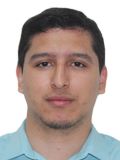 |
Jonathan Oliva Salinas Postgraduate Research Student |
 |
Chris Solomou Postgraduate Research Student |
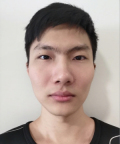 |
Tianda Sun Postgraduate Research Student |
| Other affiliates | |
 |
Daniel Bethell Affiliate |
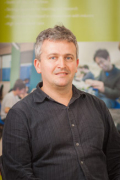 |
Affiliate |
 |
Affiliate |
 |
Affiliate
|
